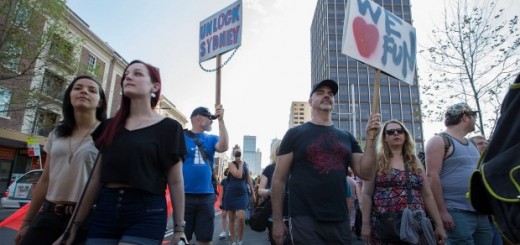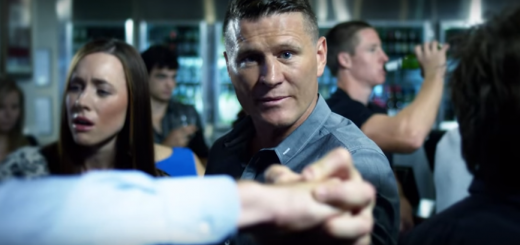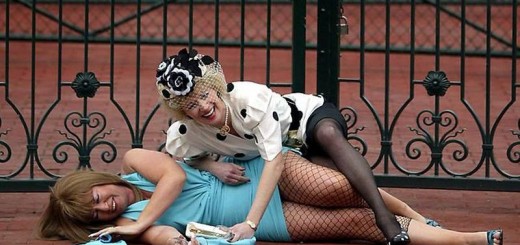The mean street of Byron
Police say Byron Bay is now one of the most violent places in the state.
Records show that in February it was the fourth-worst suburb in New South Wales for alcohol-related violence.
Police superintendent Stuart Wilkins says in the town’s main street alone there were more than 130 assaults over a nine-month period last year.
He says it’s a terrible situation that must be addressed.
“The majority of people are well-behaved in Byron, and I don’t want to alarm people and say ‘look, don’t go to Byron because it’s such a violent place’,” Supt Wilkins said.
“But at two oclock in the morning, or between 11 and three, you have a far greater chance of being assaulted in Byron Bay by someone who’s affected by alcohol then pretty much anywhere else in the state.
“It’s far too simplistic to go ‘let’s shut down the licensed premises or let’s control them’.
“For example on Saturday night, there were some young men who got intoxicated at home where they were staying and they drank a significant amount before they went out.
“They tried to get into one of the nightclubs, were refused entry, and started a fight,” he said.
Paul Waters from the Byron Bay Liquor Accord agrees.
“It’s not just licensed premises that are part of this problem,” he said.
“It’s a community-wide problem and these trouble spots aren’t necessarily from people coming from licensed premises.
“Obviously CCTV’s been mentioned and it’s part of the solution and it’s an absolute imperative part of the solution, we must get it.
“The mayor’s quite wrong when she says it’s not the community’s problem, we are the community, we are the ratepayers,” Mr Waters said.
But the Byron Mayor, Jan Barham, says says it’s not a problem ratepayers should have to pay to address.
“If the business community or the police feel the need to install CCTVs and pay for them and monitor them, then that’s a different story,” she said.
“But the feeling is it’s not council’s role.
“It’s an additional cost that the community would bear and really it’s about an industry that operates and should be managing it’s own interests and impacts.
“I think there needs to be greater responsibility with an industry that operates in a small, regional town, attracts huge numbers – we’ve got a massive population to the north that venture down on the weekends – and alcohol-fuelled, anti-social and violent behaviour is a concern to everyone in society but it should not be local government’s responsibility to look after.”









